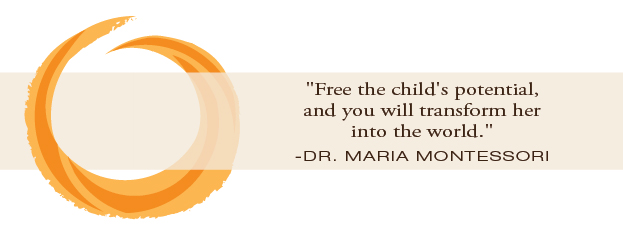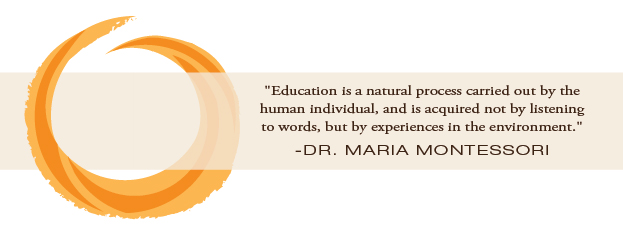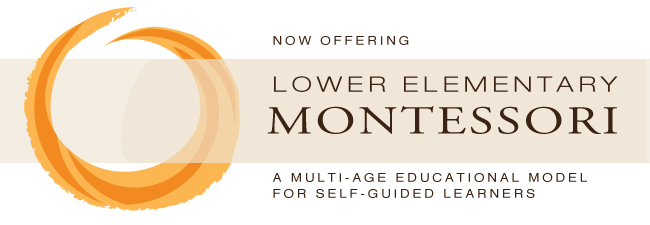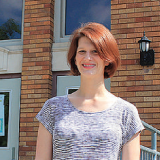(Grades 1-3)
2610 Pinecrest
Ferndale, MI 48220
248-548-1950
Ferndale Lower Elementary Montessori Program
The Five Great Lessons


Expert Testimonial
Dr. Adele Diamond, is one of the world's leading researchers on the development of cognitive function and a supporter of Montessori education.
"Programs that address the whole child (cognitive, emotional, social and physical needs) are the most successful at improving any single aspect - for good reason. For example, if you want to help children with academic development, you will not realize the best results if you focus only on academic achievement (though at first glance doing that might seem the most efficient strategy); Counter-intuitively, the most efficient and effective strategy for advancing academic achievement is to also nurture children's social, emotional, and physical needs."
Characteristics of a Montessori Education
Active Individualized learning through stimulating, multi-sensory teaching materials.
Ungraded class is a natural social environment that includes a wide range of ages and fosters self-motivation. Students enjoy working for their own sense of accomplishment.
Freedom of choice involves decision-making. Students select work according to interest with guidance from the teacher. A long period of Independent work time is provided daily.
Child works at his or her own pace for long periods without interruption. True engagement in activities with a specific purpose.
Integrated education that balances freedom of movement and harmony. Physical, social-emotional, and cognitive activities are inter-related between subjects.
A sense of independence is fostered by a classroom that is uniquely designed to encourage maximum potential.
Students learn to self-evaluate through the use of self-correcting teacher materials, individual work with the teacher, and as they grow older personal reflection activities.
Reality-oriented education which means the day is organized with concrete, first-hand experience.
There is a close teacher-student interaction that enables complete and precise evaluation of students' progress in all areas of development. As students stay with the same teacher for up to 3 years. Relationships are essential.
The environment of the room is important and is thought of as the '3rd teacher' The room is organized to support each child's learning, development, and needs. Montessori classrooms are peaceful, calming, and promote a natural homey feeling.
The Ferndale Elementary Montessori Program is housed at Ferndale Upper Elementary School focused on students ages 6-9.


